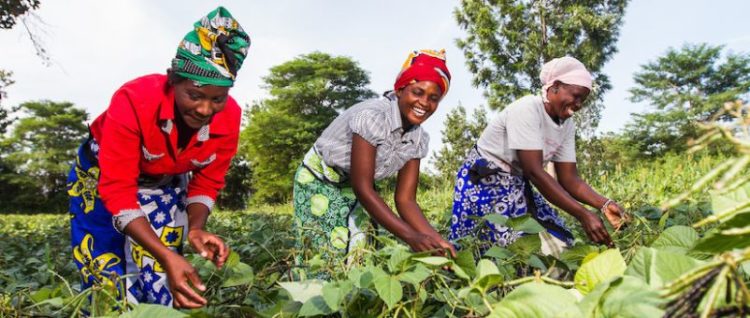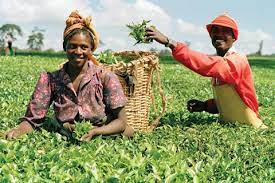
Ensuring food security : a global imperative
With the eighth billion human on the planet, we meet at a defining moment for humanity.
The success will be shaped by our collective success in the fight against climate change while having to feed a growing global population. Ensuring food security for all while protecting the planet for generations to come is not an option. It’s a global imperative.
Food security , climate change : a massive challenge for our fast-growing global population.
By 2050 Africa’s population is expected to nearly double. At the same time, the continent’s fragile biomes are disproportionately impacted by climate change. That makes accelerating the transition to sustainable, smarter farming even more urgent.
Presently, African farmers use, on average, just 20 kilograms of fertilizer per hectare, a fraction of the global average. To maximize yields per acre, it is estimated that local farmers will need to increase their fertilizer application by around tenfold. Doing this in a sustainable way – without longer-term environmental damage – will be crucial. Not just for the continent, but the globe as well: with 60% of the world’s remaining arable land, Africa’s vast, fertile soils represent humanity’s best hope for future food security.

Africa has the potential to be a major player in global food networks and relieve a lot of
stress on global food security.
Mobile laboratories are already crossing Africa collecting soil samples covering millions of hectares. With this data, farmers can map which parcels of land require what type of nourishment and when. More efficient application of the right fertilizer – only what the specific soil and crop needs and will use — reduces waste and run-off into ground and surface water. It also lowers costs while boosting yields per acre and, therefore, farmer incomes. African farmers are just as capable and eager as farmers anywhere in the world to increase their yields in a sustainable manner. They just need access to the right inputs, supply chains, financial tools, and innovations fighting biodiversity, hunger and more.
What do you think?